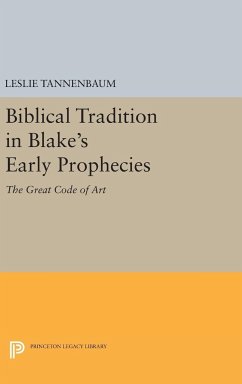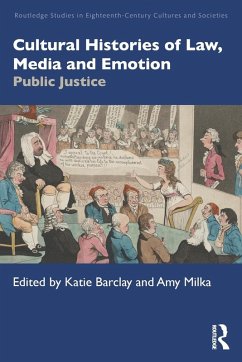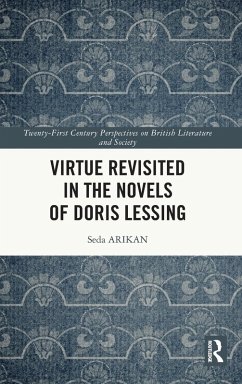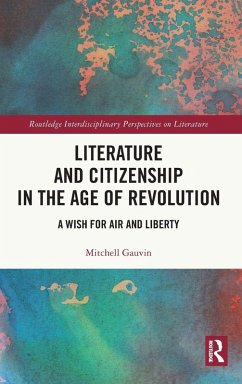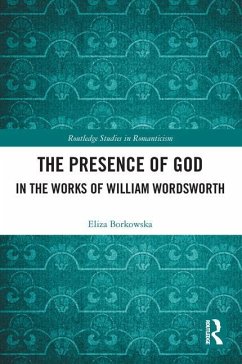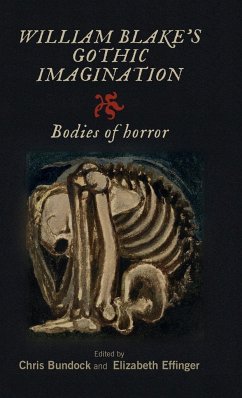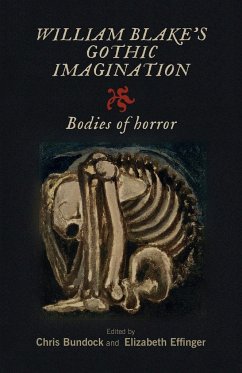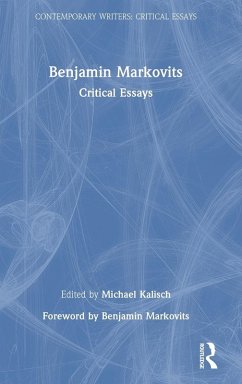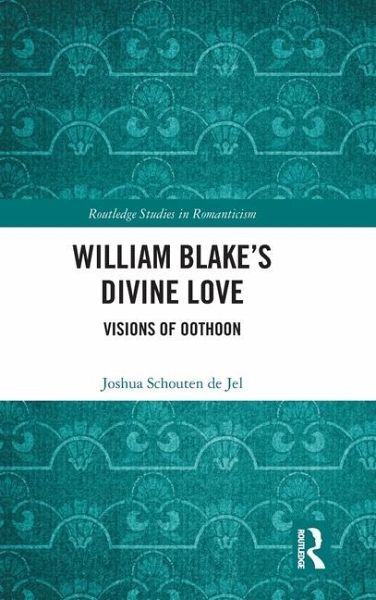
William Blake's Divine Love
Visions of Oothoon
Versandkostenfrei!
Versandfertig in 6-10 Tagen
144,99 €
inkl. MwSt.
Weitere Ausgaben:

PAYBACK Punkte
72 °P sammeln!
Despite the fact that William Blake summarises the plot of Visions of the Daughters of Albion (1793) in just eight lines in the prefatory 'Argument,' there are several contentious moments in the poem which continue to cause debate. Critics read Oothoon's call to Theotormon's eagles and her offer to catch girls of silver and gold as either evidence of her rape-damaged psyche or confirmation of her selfless love which transcends her socio-sexual state. How do we reconcile the attack of Theotormon's eagles and the wanton play of the girls with Oothoon's articulate and highly sophisticated express...
Despite the fact that William Blake summarises the plot of Visions of the Daughters of Albion (1793) in just eight lines in the prefatory 'Argument,' there are several contentious moments in the poem which continue to cause debate. Critics read Oothoon's call to Theotormon's eagles and her offer to catch girls of silver and gold as either evidence of her rape-damaged psyche or confirmation of her selfless love which transcends her socio-sexual state. How do we reconcile the attack of Theotormon's eagles and the wanton play of the girls with Oothoon's articulate and highly sophisticated expressions of spiritual truth and free love?
In William Blake's Divine Love: Visions of Oothoon, Joshua Schouten de Jel explores the hermeneutical possibilities of Oothoon's self-annihilation and the epistemological potential of her visual copulation by establishing an artistic and hagiographical heritage which informs the pictorial representation and poetic pronunciation of Oothoon's enlightened entelechy. Working with Michelangelo's The Punishment of Tityus (1532) and Gian Lorenzo Bernini's Ecstasy of Saint Teresa (1647-51), Oothoon's ecstatic figuration reflects two iconographic traditions which, framed by the linguistic tropes of divine love expressed within a female-centred mystagogy, reveal the soteriological significance of Oothoon's willing self-sacrifice.
In William Blake's Divine Love: Visions of Oothoon, Joshua Schouten de Jel explores the hermeneutical possibilities of Oothoon's self-annihilation and the epistemological potential of her visual copulation by establishing an artistic and hagiographical heritage which informs the pictorial representation and poetic pronunciation of Oothoon's enlightened entelechy. Working with Michelangelo's The Punishment of Tityus (1532) and Gian Lorenzo Bernini's Ecstasy of Saint Teresa (1647-51), Oothoon's ecstatic figuration reflects two iconographic traditions which, framed by the linguistic tropes of divine love expressed within a female-centred mystagogy, reveal the soteriological significance of Oothoon's willing self-sacrifice.





